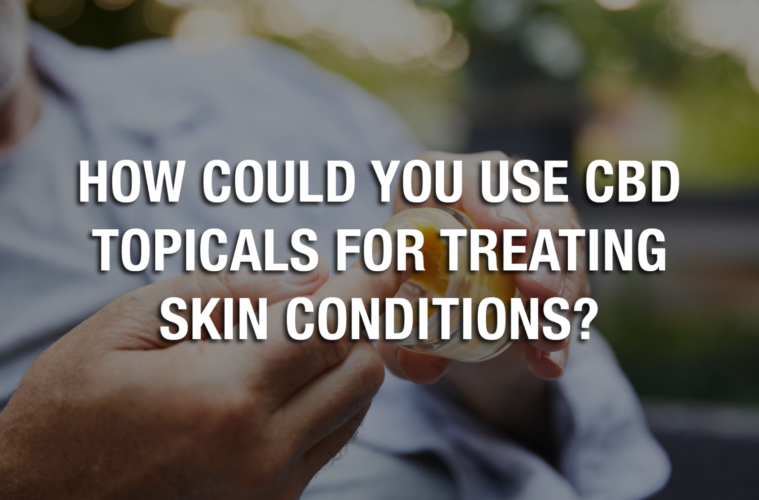This article was originally published on CBD Cream Site. To view the original article, click here.
CBD products are becoming increasingly popular among users due to their potential therapeutic effects and health benefits. They are available in different forms like balms, creams, oils, tinctures, edibles, beverages, etc., which can be used in ways that are suitable for you. Also, its effectiveness depends on the method of delivery. For example, ingesting it gives systemic relief from discomforts, while applying it to the skin gives fast, localized relief. In this article, we will discuss using CBD topical for treating urticaria, skin lesions, and atopic dermatitis.
What Are The Popular Uses Of CBD?
Cannabidiol (CBD) is popular for its potential therapeutic effects like relieving pain, reducing inflammation, reducing anxiety, and healing minor wounds. Apart from these mainstream uses, it can also be useful in treating the symptoms of skin conditions like acne, psoriasis, urticaria, rosacea, skin lesions, and atopic dermatitis or eczema.
What Is CBD Topical?
CBD topicals are cannabidiol-rich topicals in the form of balms, creams, lotions, oils, and so on. The CBD extract used for formulating them is derived from hemp plant strains whose THC content is less than 0.3%.
How Does CBD Produce Its Effects?
Research over the years has shown that cannabidiol (CBD) produces its effects by interacting with the receptors of the endocannabinoid system (ECS). The two main receptors of the ECS are CB1 and CB2. The skin is the largest organ in the body, and it has a high concentration of CB2 receptors; the cannabidiol in CBD topicals interacts with them.
How Does CBD Topical Help Treat Skin Conditions?
Urticaria: This condition is commonly referred to as hives. This occurs due to the body’s reaction to allergens or unknown reasons. Applying CBD topicals can be useful for reducing the symptoms due to their anti-inflammatory and analgesic effects. Along with this, it soothes the skin because it has a moisturizing effect.
Skin Lesions: Skin lesions can develop due to skin conditions like acne, cold sores, eczema, etc. Applying a topical gel with CBD can reduce the inflammation and thereby the pain. It also soothes and moisturizes the skin. Also, studies have shown that cannabidiol can help with regulating the secretion of the sebaceous gland and thereby prevent acne breakouts.
These are the important points that you must know about using CBD topical for treating urticaria, skin lesions, and atopic dermatitis.
Related: How could you use a CBD topical to help manage pain? Click here to learn more.
Advertising disclosure: We may receive compensation for some of the links in our stories. Thank you for supporting Irvine Weekly and our advertisers.


